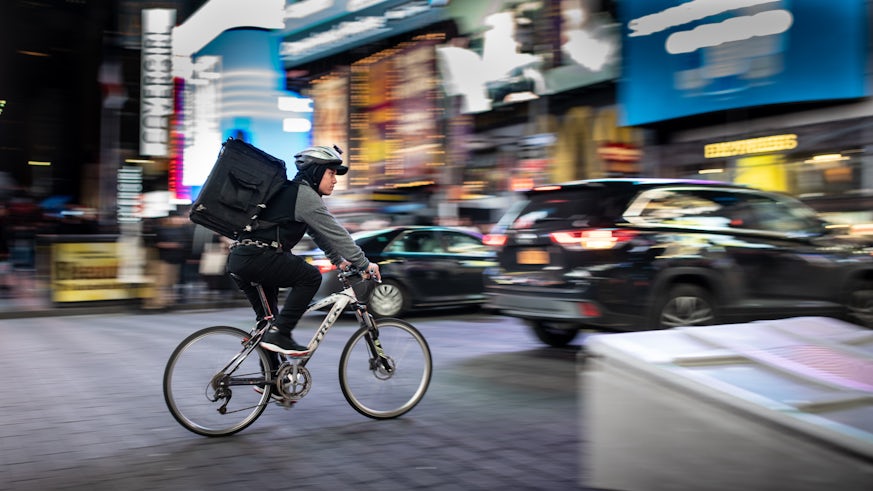School celebrates inspiring engineering projects
13 July 2021

Six innovative engineering projects, including self-initiating fire-retardant cladding and a digital toolbox, are among the winners at our Inspired Engineers Award 2021.
The Inspired Engineers Award encourages entrepreneurial and commercial thinking within student engineers, celebrating students whose projects solve a real-world problem or demonstrate technological readiness and collaboration with industry.
The Award is being offered by the Enterprise and Start-Up Team of the University, supported by sponsorship from the Engineers in Business Fellowship. Academic staff from the School of Engineering are also partners in this award.
There are 6 prizes of £500, two for each of the departments within the School of Engineering.
Architectural, Civil, and Civil and Environmental Engineering
Stephanie Muller investigated the impact of twin vertical-axis turbine setups on wake hydrodynamics and fish movement using laboratory experiments. Hydrokinetic vertical axis turbines harness energy from free-flowing rivers and estuaries, providing a small-scale hydropower energy alternative that is more environmentally friendly than traditional, large-scale hydropower plants.
Jack Willepotte developed a self-initiating fire-retardant cladding concept using stored rainwater as a fire suppression method for use on large, high-rise buildings. The project incorporated a piping system into easy-to-install, non-combustible building cladding, to provide a solution to the current problems surrounding fires in high buildings.
Mechanical and Medical Engineering
A team including Max Durow, Nathan Sturges, Joseph Sealey, Samuel Lewis, Charlie Ringrose, Azibataram Orubo and Arrmeila Jeyanatha developed the Plant Pal app concept, to measure plant health in real-time while simultaneously helping to improve the mental wellbeing of the user by suggesting healthy lifestyle activities, such as drinking water.
A team including Jasper Gaskin, Jesus Lancianese, Ellin Anegkana, Chris Mark and Benjamin Thornley created the Dyno Bag, which allows for the long-term heating of food in transport on a bicycle. Currently, 80% of Deliveroo agents use a bike, and 36% of customers complain that their food arrives cold or not fresh. The Dyno Bag provides a renewable heating solution for delivery bags via a pair of dynamos and a battery.
Electrical, Electronic and Integrated Engineering
A team including Peter Marji, Rory Stuart, Ioannis Efthymiou, Daniel Ellis, Ahmed Kamal and Ahmed Yacob were part of a collaborative project between Cardiff University and the British Antarctic Survey. The project identified potential solutions for the decarbonisation of both energy generation and transport in UK Antarctic territories. This involved the transition to net-zero stand-alone microgrids that utilise up to 90% renewables while maintaining the security of supply. The microgrid was designed to include NMC batteries, shrouded caged wind turbines and photovoltaic technologies, with a transport avoid, shift and improve strategy established.
Povilas Dumcius developed the Automify: Digital Toolbox concept, which aims to help manufacturers efficiently track and store tools. Automify monitors toolbox access, as well as which tools and assets have been checked out. The idea hopes to help manufacturers prevent lost or stolen items and, by integrating real-world data, aims to improve safety and ensure adherence to the ever-increasing regulatory requirements.
Projects were judged using set criteria by a judging panel comprising members of Academic staff within the School of Engineering, the Enterprise Team, and the business community.
This award fits with project work already carried out by year three and four students, but the award is also open to students with an idea outside of their project work, so any engineering student at any level can apply.
Please join us in congratulating all the winners on this achievement.